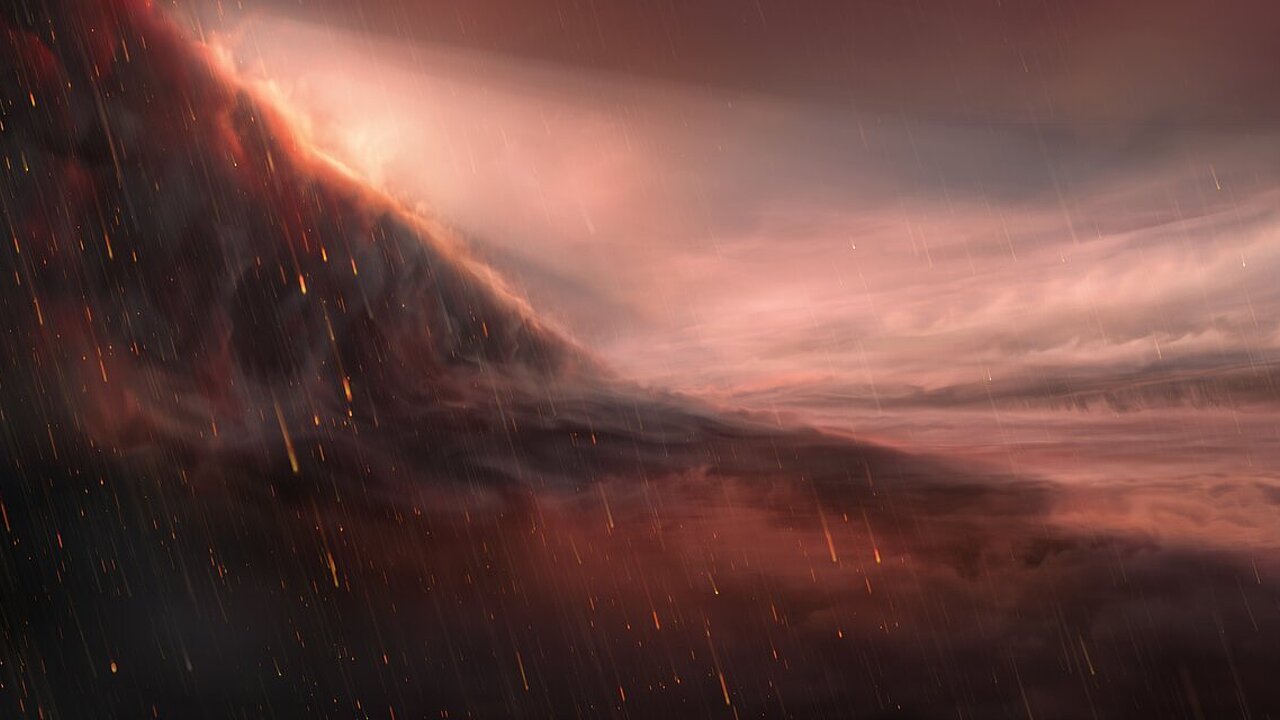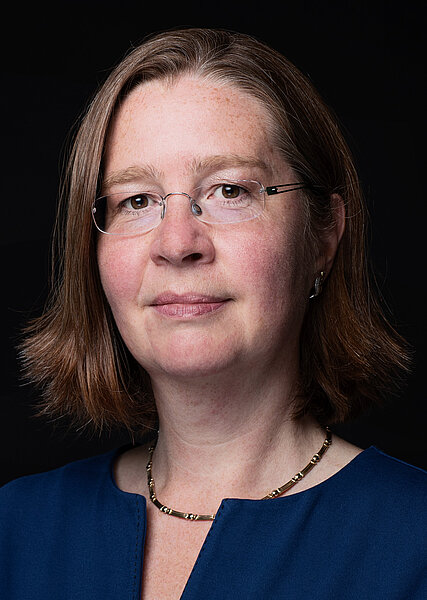The large diversity of the ensemble of the known 5600 extrasolar planets enables a fundamental study of atmosphere chemistry and physics. Key processes include 3D hydrodynamics, its interaction with cloud formation and gas chemistry processes as well as the impact of the host star's radiation field.
Space missions like HST, CHEOPS, JWST, in the future also PLATO and Ariel enable unprecedented insight. CHEOPS phase curves point to the presence of of magnetic fields in exoplanets, JWST provides the first proof of cloud particles in exoplanet atmospheres and the discovery of new gas-phase species like SO2 in combination with CH4 and H2O. I will present our approach towards developing virtual twins for gaseous exoplanets that orbit different host stars. I will demonstrate how such virtual laboratories that combine detailed models are the base for interpreting observational finding and for putting them into a physical context.
The focus of the talk will be our recent advances in cloud formation combined with extensive studies of metal-oxide cluster formation and photochemical processes, what we learned from laboratory studies and what we learn from complex 3D atmosphere simulations.


Since 2021, Prof. Dr. Christiane Helling has become the new Director of the Space Research Institute (IWF) of the Austrian Academy of Sciences. Previously, she worked as Professor for Physics and Astronomy at the University of St Andrews (UK, Scotland) and was the foundling director of the St Andrews Center for Exoplanet Science. The Space Research Institute, which Prof. Helling now leads, is one of the largest institutes of the Austrian Academy of Sciences with around 100 employees. The IWF is an extremely active research institute which explores planets within and beyond our solar system, as well as studying the influence of their parent star on their atmospheres.